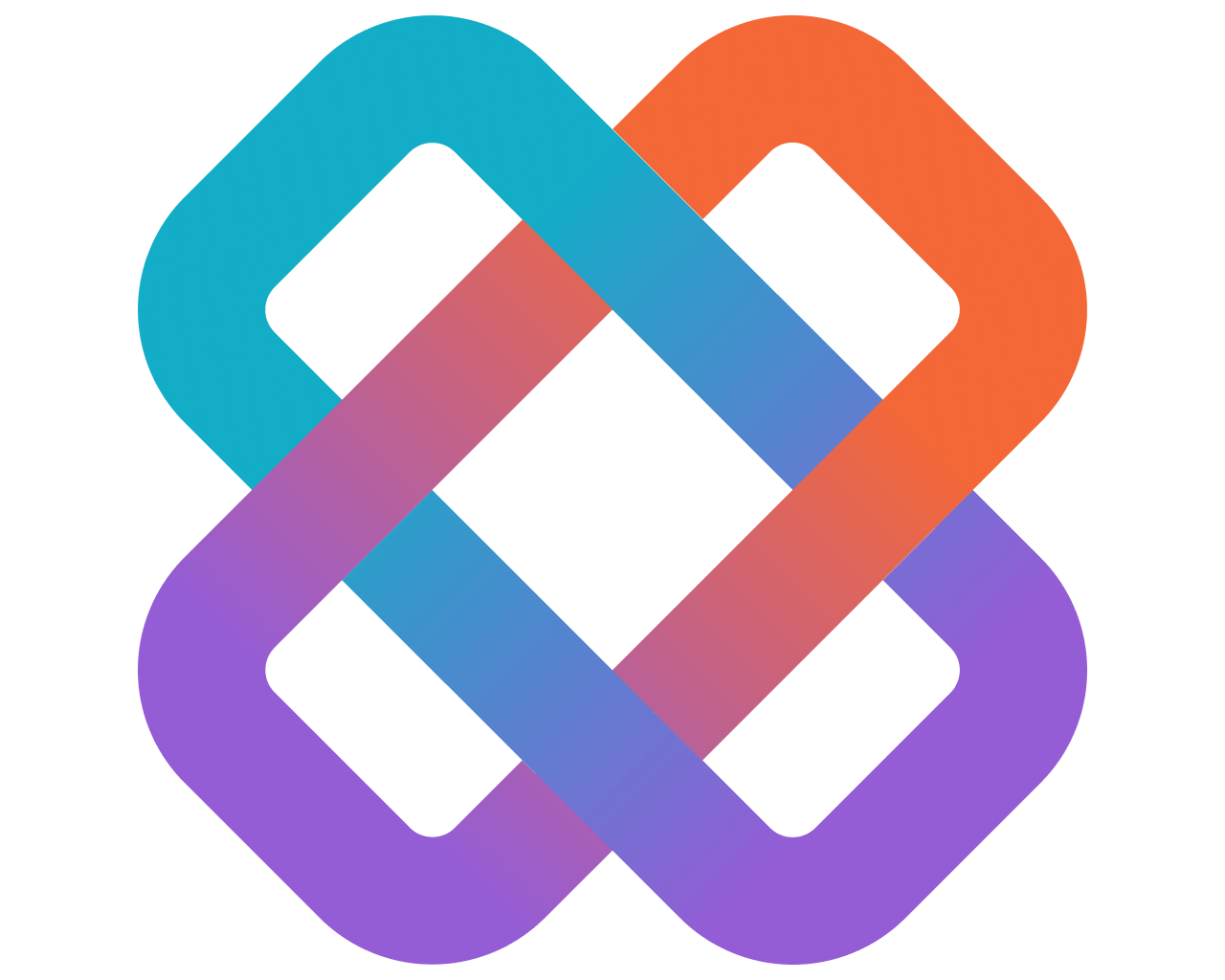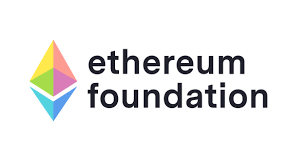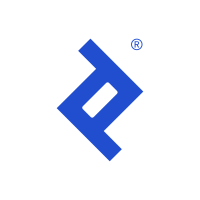
Product Owner & Python Developer- Geology specialist
Who we are Imaged Reality is a UK technology company with a team of passionate geologists and tech innovators. Our mission is to help teams make better decisions. We help reduce geological uncertainty in investment decisions by bringing together teams and data in an immersive environment. We are the creators of Stratbox, a platform for collaborative data integration in the 3D space, serving various industries such as Energy, Engineering, Mining, and Academia. The Stratbox Suite comprises:Stratbox Core Explorer the digital twin for well core stores, breaks data silos integrating multi-well core images with underlying data, powered with Stratbox Python API for machine learning. Stratbox Analytics, for quantitative outcrop interpretation, also enabled with Stratbox Python API for advanced analytics.Stratbox Connect the digital twin for outcrop Geology, brings the field to the office, using 3D models derived from drone data. It facilitates collaboration, learning and knowledge capture, through on-demand access to sharable 3D outcrop analogue databases. Stratbox Connect VR, the metaverse for Geoscience, helps communicate complex environments and improve decision making between multidisciplinary teams. The role We are seeking a talented geologist with experience in Python programming, 3D modelling, 3D geospatial analysis, ArcGIS, geostatistics, and machine learning to join our team as a Product Owner & Python Developer. In this hybrid role, you will leverage your geological knowledge to guide the development of software solutions while also actively contributing to the creation of Python-based tools and integrations that enhance our software platform. You will collaborate closely with stakeholders, software developers, and end-users to ensure the successful delivery of innovative solutions that address geological challenges. Responsibilities Serve as the primary liaison between the software development team and stakeholders in the geoscience community, providing geological expertise and guidance throughout the product development lifecycle.Define and prioritize product features and user stories based on stakeholder input and market research, ensuring alignment with geological requirements and workflows.Collaborate with software developers to design, implement, and test new features and enhancements within the software platform, using Agile methodologies.Actively contribute to the development of Python-based solutions and integrations that extend the functionality of our software platform, including data processing, analysis, visualization, and machine learning tools.Develop and implement geostatistical techniques and algorithms to analyse spatial data and geological models, enhancing the accuracy and reliability of our software solutions.Utilize machine learning algorithms and techniques to extract insights from geological data, improve predictive modelling, and enhance decision-making capabilities.Work closely with the development team to architect and implement robust, scalable, and maintainable solutions that meet performance and reliability requirements.Conduct regular meetings with stakeholders to gather feedback, communicate project status, and identify opportunities for improvement.Provide technical support and expertise to end-users, including troubleshooting issues, providing training, and documenting solutions.Stay informed about emerging trends and technologies in geology, GIS, software development, Python programming, machine learning, and geostatistics, and propose innovative solutions to enhance our products. QualificationsBachelor's or Master's degree in Geology, Geological Engineering, or related field.Previous experience working as a geologist or geological consultant, with a strong understanding of geological concepts, workflows, and industry standards.Proficiency in Python programming language, with experience developing software solutions and tools for geoscientific applications.Experience with geostatistical techniques and algorithms for analysing spatial data and geological models.Experience with digital outcrop modelling techniques, including photogrammetry, LiDAR, Structure from Motion (SfM) is a plusFamiliarity with machine learning algorithms and techniques, including supervised and unsupervised learning, regression, classification, and clustering.Experience with software development methodologies, tools, and best practices, including Agile development, version control systems (e.g., Git), and continuous integration/continuous deployment (CI/CD) pipelines.Familiarity with geospatial data formats, libraries, and APIsExperience with GIS software (e.g., ArcGIS, QGIS) and geological modelling tools (e.g., Leapfrog, GeoModeller, Petrel) is a plus.Excellent communication and collaboration skills, with the ability to work effectively in multidisciplinary teams and communicate technical concepts to non-technical stakeholders.Strong problem-solving skills and attention to detail, with the ability to analyse complex requirements and propose innovative solutions.
Key Skills
Related Jobs

Security Engineer Ubuntu

Senior Software Engineer

Test Automation Engineer

Senior Android Engineer

Lead Software Engineer

Senior Frontend Engineer

Data Engineer

Production Engineer

Senior Back End Developer

Senior Frontend Engineer Platform

IT Engineer

Senior Software Engineer Cloud Images

Senior Product Designer

Hands On Engineering Manager

Full Stack Software Engineer

Senior Front End Developer

Customer Success Manager

Senior Software Engineer .NET Core

Front End TypeScript Developer
